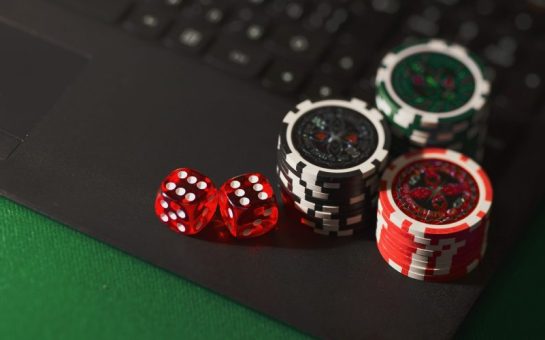During the last two decades, the use of mobile phones has grown rapidly, changing the way we live and manage our lives.
Smartphones are now an integral part of our daily lives and it’s hard to remember a time when they didn’t exist: research by Ofcom shows that 78% of adults used a smartphone in 2018, up from 39% in 2012.
Since 2016, smartphones have overtaken computers as the most popular method for going online, and mobile phones are the device that consumers say they would miss the most.
At the same time, the ease with which people can gamble has increased dramatically due to the continuous innovation and evolution of technology, breaking down barriers to gambling.
For those eligible to do so, participating in gambling activities is now as easy as opening an app on a phone and can be done practically anywhere.
And if you like online roulette you’re in luck… best online roulette have found the best offers for UK gambling fans!
Recent research about why people gamble and how gambling fits into their lives, conducted by 2CV, provided some insights about the role played by mobile phones in gambling behaviour.
These insights move beyond the statistics by revealing more about how people think and feel about gambling via their mobiles, how this behaviour fits into their lives and how it relates to other activities. Here, in our third in a series of blogs, we explore these insights further…
People recognise benefits as well as risks of mobile gambling
One of the key findings from the 2CV research was that for many people, using their smartphone has allowed them to gamble away from traditional gambling premises.
For some, this has made gambling ‘a more comfortable moment’, such as playing bingo at home on the sofa or betting on football in the pub.
Participants in the research said that this means they can gamble easily at any time (described as ‘low friction’) compared to location specific destination gambling (‘high friction’).
Examples of mobile and destination gambling
Participants talked about how mobile gambling has removed environmental barriers to gambling, meaning that it can be done privately, without judgement or intervention.
Some participants felt that mobile gambling might encourage people to gamble on certain products when they might previously have felt excluded, such as women in bookmakers and men in bingo halls, while others spoke openly about occasions where the removal of these environmental barriers had facilitated repetitive play and the rapid accumulation of wins or losses.
People view mobile gambling as similar to social media and gaming, where it sits alongside all aspects of their mobile life
Social media, gaming and gambling were spoken about in similar terms because of the way they all occupy moments of ‘me time’ during the day, for example when people are bored, passing the time on their commute or unwinding in front of the TV.
These types of activities are frequently undertaken on the same device and sometimes as part of the same session, as people swipe through their webpages or apps.
What’s next?
In an increasingly ‘always on’ society, smartphones will continue to impact the way that consumers interact, with gambling behaviour being just one aspect of the connectivity that people are increasingly taking for granted.
The Gambling Commission is looking to continue to conduct research to enhance the understanding of how mobile use is changing face of gambling in Britain.


